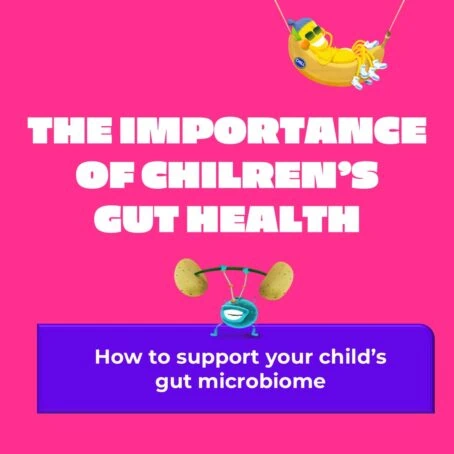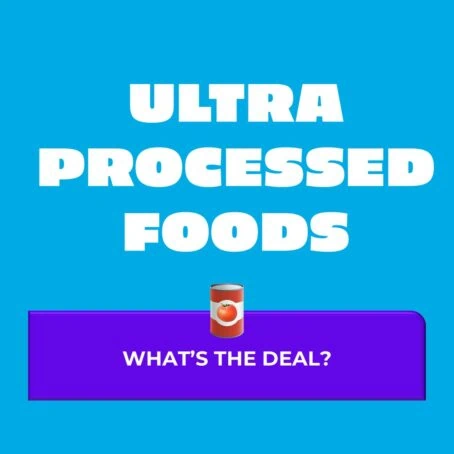There’s a lot of noise around emulsifiers at the moment. But what actually are they? And are they really the enemy they’re made out to be?
Emulsifiers are food additives that help to improve the consistency and shelf life of foods. Many different foods on supermarket shelves contain emulsifiers including processed meats, mayonnaise, ice cream, chocolates, bread, and other baked goods.
There are also many different types of emulsifiers. In fact, the Foods Standards Agency has listed over 50 different emulsifiers, stabilisers, thickeners, and gelling agents used in the United Kingdom.
While all of these have been approved as safe to consume in small amounts, higher consumption of these additives relates to people consuming more ultra-processed foods (UPFs). This has raised concerns about their role on health and more specifically, gut health.
Recent studies have shown that a diet high in UPFs containing emulsifiers may be linked to inflammatory bowel disease. In lab- and animal -based studies, many, but not all, emulsifiers change the balance of microbes in the gut (aka gut microbiota). Some of these changes appear to promote intestinal inflammation.
So, what emulsifiers are safe? And which should we probably avoid? Read on to find out!






